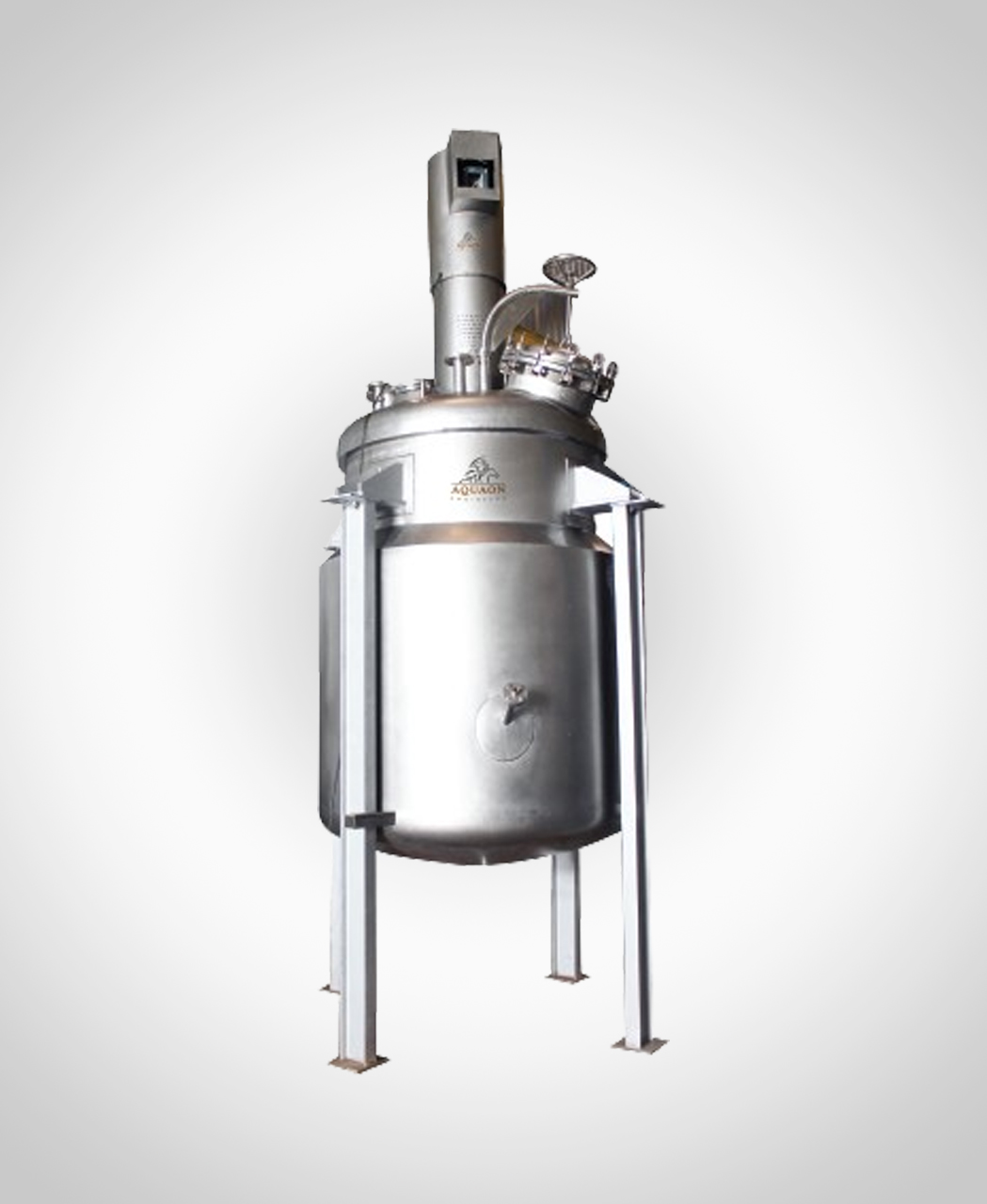
Aquaon Engineers is a renowned cGMP Reactor/Pharmaceutical Reactors manufacturers, suppliers, and exporters in Mumbai, India. The Pharma Reactors are important components in the production of medicines. These floating factories enable chemical conversion processes that turn generics into APIs. It is crucial to comprehend their roles, classification, and features to achieve optimal pharmaceutical items’ safety, effectiveness, and performance.
Pharmaceutical Reactors are critical in drug production since they facilitate the production of quality API through controlled reactions. Consequently, recognizing the kind of reactor, its design features, and the development of reactor technology contributes significantly to determining the most suitable processes that yield safer and better-quality drugs. With development of technology in the right angle, pharmaceutical reactors will make up a vital tool in fulfilment of the increasing requirement of a unique and efficient medicine.
Pharmaceutical reactor is therefore a tool used for synthesizing products in a chemical actualization process manipulated under certain conditions. These reactions are very useful in the synthesis of API or active pharmaceutical ingredients which is the actual substance present in a drug. The reactor ensures the conditions necessary for a chemical change are maintained such as temperature, pressure and concentration of the reagents.
| Brand | AQUAON Engineers | |||
| Size | 5 ltrs to 25000 ltrs | |||
| Types | Jacketed/ limpet / Fermenter / Reaction Vessel Type | |||
| Specially designed for high pressure and High temperature operations | ||||